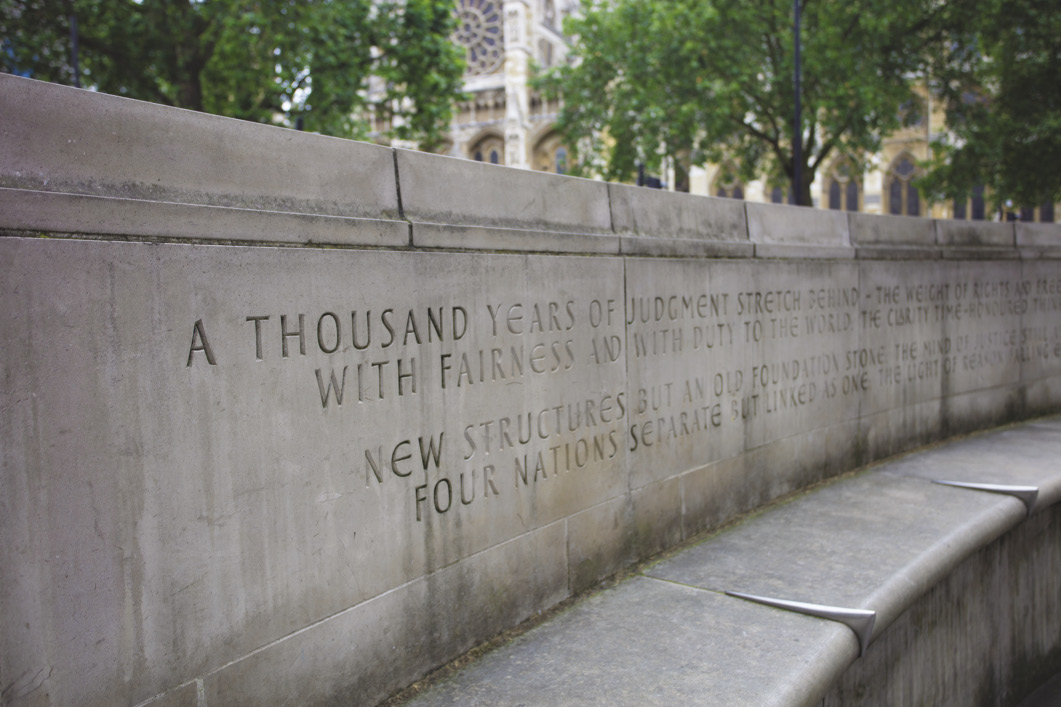
In a boost to free speech & the Fourth Estate the Supreme Court has come off the bench on defamation. Romana Canneti provides the commentary
We waited a long time for this one, but it’s been worth the wait. Last week, the Supreme Court clarified the ‘serious harm’ threshold test set by s 1 of the Defamation Act 2013 in Lachaux v Independent Print Ltd and another
[2019] UKSC 27, [2019] All ER (D) 42 (Jun). Not the catchiest topline perhaps, but keep reading, this matters to us both. The justices’ long-awaited ruling revives the heady spirit of Lord Lester’s Defamation Bill back in 2010 which
sought to ‘reduce the chilling effect on freedom of expression and…to encourage the free exchange of ideas and information, whilst providing an effective and proportionate remedy to anyone whose reputation is unfairly damaged’.
The Defamation Act 2013 came into force in January 2014, adorned with the preamble that it was an Act ‘to amend the law of defamation’. Change was sorely needed: an end to forum shopping by









